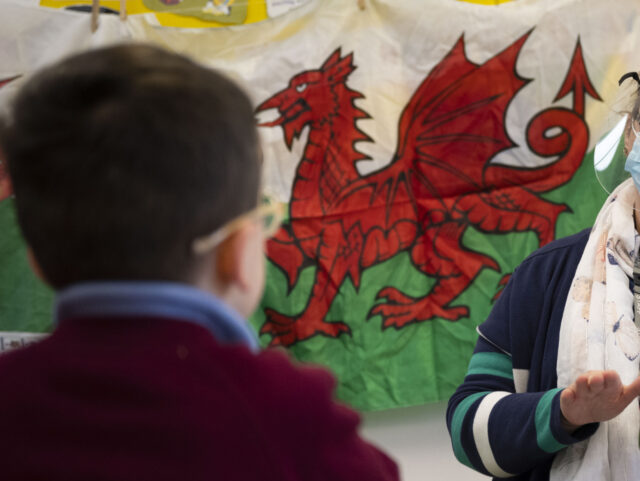Mandatory “LGBTQ+ diversity” sex education in Welsh schools aimed at children as young as three is both “extreme and unbalanced”, the High Court has heard.
A barrister representing a group of parents in Wales has told the High Court that mandatory sex education introduced this year is both “extreme and unbalanced” in its content.
The sex ed classes have reportedly been made compulsory for all children aged three and over within the Welsh primary education system — there is said to be no parental opt-out clause — with children as young as three being taught about “inclusive behaviours, language and role modelling” for all “genders”.
According to a report by The Telegraph, parents believe that the sex ed course, which aims to instruct children on “diversity within different types of relationships, including LGBTQ+ diversity”, is biased, giving no space for families who have different philosophical or religious perspectives.
“When parents send their children to school they don’t expect to have psycho-sexual theories and ‘plus issues’ taught from the age of three,” Paul Diamond, the barrister representing the parents, remarked, describing the Welsh guidelines for the classes as “the most extreme and unbalanced documents there could be”.
“This is the most comprehensive change in the school environment and it places its entire focus on one issue, that of LGBTQ+,” he continued, arguing that the new system left “no room for religious, moral or philosophical views of the children or their parents”.
Jonathan Moffett KC, who is representing the Labour-led Welsh government, rejected these claims, saying that the parents who took the case have been “plagued by inaccurate information” on the guidelines — which mandate children aged 11 and up are instructed to understand “the importance of inclusivity, including for LGBTQ+ people”.
Meanwhile, a spokesman for the Welsh government has reportedly said that all “learners” — a gender-neutral term often used by progressive institutions instead of “boys and girls” — will “only learn topics that are appropriate to their age and development”.
“At a younger age, for example, children will be taught about treating each other with kindness and empathy,” the spokesman claimed. “As they grow older they will gain an understanding of topics such as online safety, consent, and sexual health – all of which will be handled in a sensitive way.”
The Telegraph does not elaborate on whether or not the spokesman gave any inkling as to how the Welsh government determines what is “appropriate” for children of various ages.
As of the time of writing, the legal dispute reportedly remains ongoing.

COMMENTS
Please let us know if you're having issues with commenting.